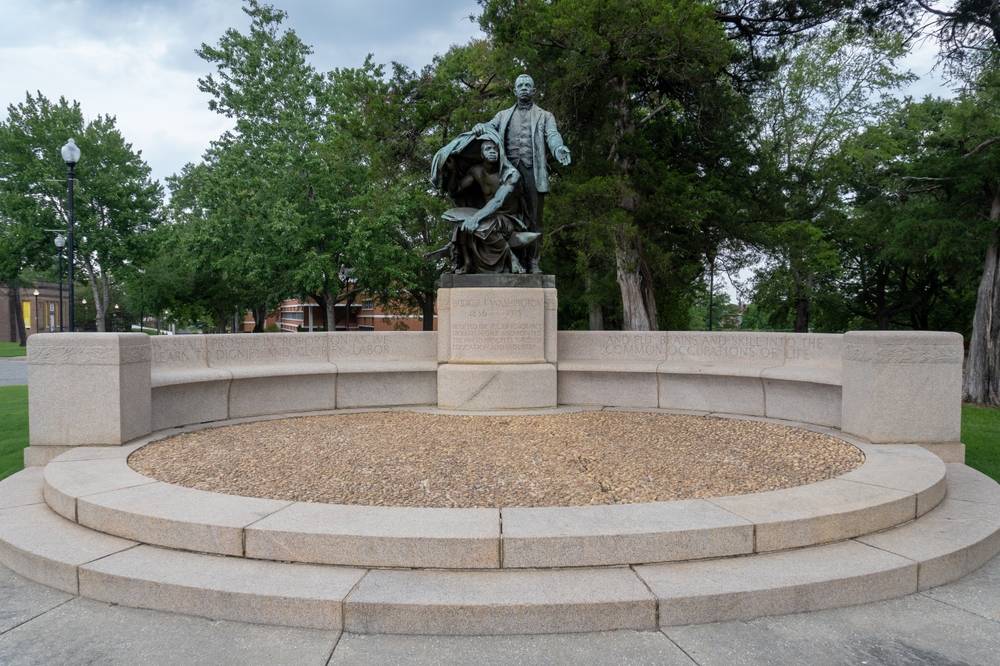Tuskegee University has recently been recognized as the No. 3 HBCU in the United States and the top HBCU in Alabama, according to the latest U.S. News & World Report rankings. This prestigious ranking highlights the university’s dedication to academic excellence and its significant impact on social mobility for its students.
Key rankings and achievements
In addition to its overall ranking, Tuskegee University achieved remarkable standings in several categories. It was ranked No. 1 in social mobility among universities in the South, No. 9 overall among universities in the South and No. 25 in best value among universities in the South.
These rankings reflect the university’s commitment to fostering an environment that promotes growth and success for its diverse student body.
Leadership’s vision
Dr. Mark Brown, President of Tuskegee University, expressed his enthusiasm regarding the university’s progress. He emphasized that the recognition as the top institution for social mobility is particularly significant. It demonstrates that Tuskegee University is making a tangible difference in the lives of students, many of whom come from underrepresented backgrounds and face financial challenges.
A commitment to transformative education
Dr. Brown further elaborated on the university’s mission, stating that the University’s ranking reflects their dedication to ensuring that every student, regardless of socioeconomic background, has a chance to excel and contribute meaningfully to society. This commitment is crucial in a landscape where educational equity is paramount.
Understanding HBCU rankings
To qualify for the U.S. News & World Report rankings, HBCUs must be undergraduate bachelor degree-granting institutions that primarily enroll first-year students. The rankings are based on several factors, including: graduation rates, retention rates, social mobility, earnings of graduates compared to high school graduates and graduate indebtedness. Graduation rates hold the most weight in determining a university’s ranking, emphasizing the importance of student success.
Peer assessment and academic excellence
Another significant component of the rankings is a peer assessment survey, which accounts for 20% of the overall score. In this survey, top HBCU academics evaluate a university’s academic excellence on a five-point scale. Additionally, a separate survey is distributed to HBCU presidents, provosts and admissions deans, further ensuring a comprehensive evaluation of each institution’s quality.
Tuskegee University’s recognition as the No. 3 HBCU in the nation and the top HBCU in Alabama is a testament to its unwavering commitment to educational excellence and social mobility. As the university continues to foster an inclusive and supportive environment for its students, it sets a powerful example for other institutions striving to make a meaningful impact in the lives of underrepresented communities.
















